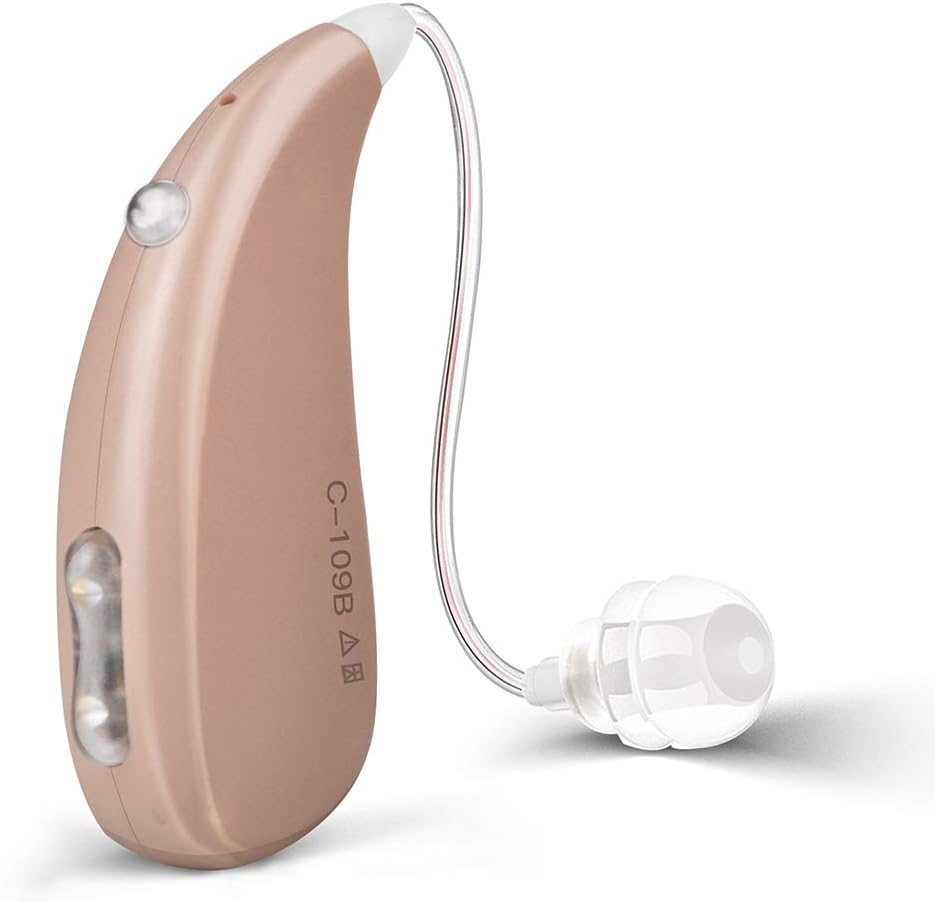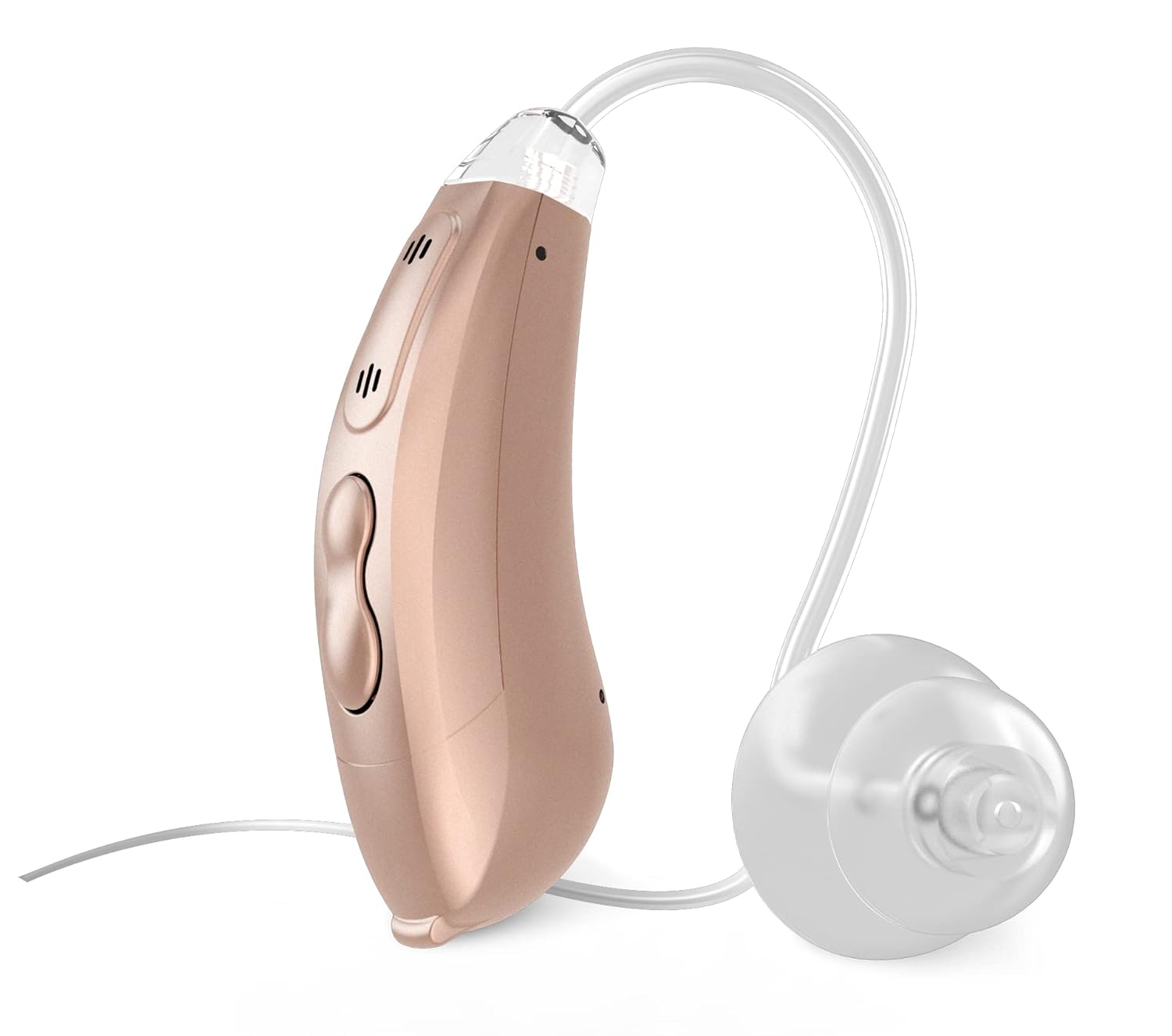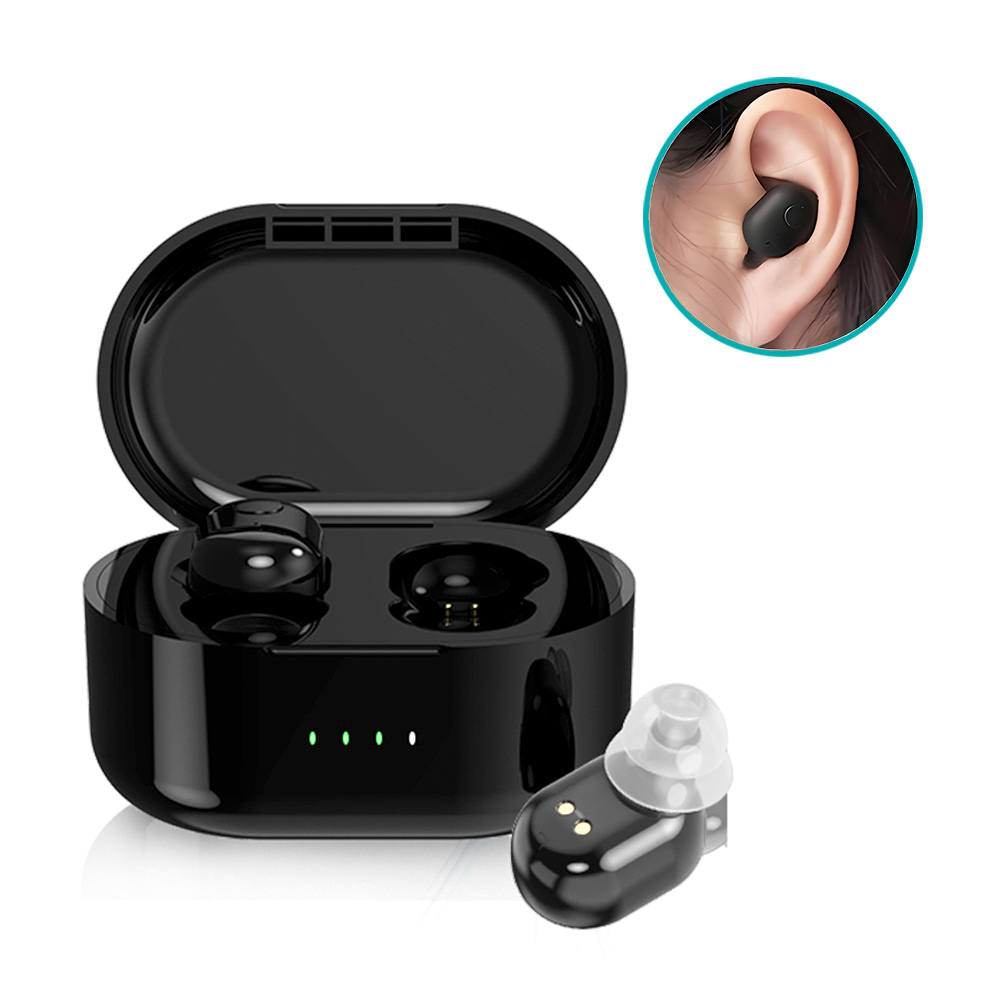
Closed captions are available on this video. If you are using a mobile phone, please enable captions clicking on the gear icon.
Tinnitus, the persistent ringing in the ears affecting millions globally, has long challenged audiologists and frustrated patients alike. Traditional treatments—sound therapy, cognitive behavioral therapy, and amplification devices—often bring only temporary relief. But a groundbreaking new therapy, involving stimulating the tongue to retrain the brain, has emerged with surprising roots and compelling scientific backing.
This novel approach, known as bimodal neuromodulation, is the brainchild of Ross O'Neill, founder and CEO of Neuromod, the company behind Lenire, the first FDA-approved bimodal tinnitus treatment. The origins of Lenire trace back to an unexpected personal and professional convergence in O'Neill's life.
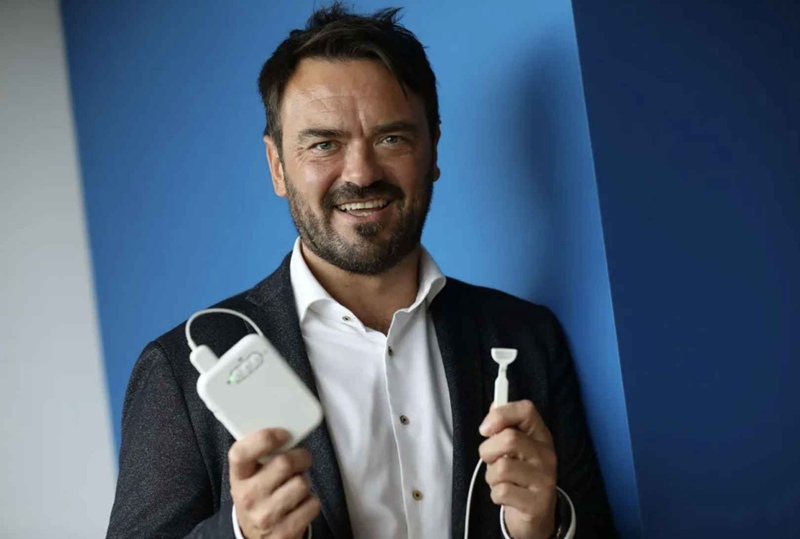 Ross O'Neill, founder and CEO of Neuromod.
Ross O'Neill, founder and CEO of Neuromod.As a biomedical engineer fascinated by neuroplasticity—the brain's remarkable ability to rewire itself—O'Neill first encountered the concept of sensory retraining through research on phantom limb pain. Mirror therapy, a treatment method tricking the brain into reinterpreting pain signals, provided his initial spark of inspiration. This coincided with a deeply personal journey: his daughter's profound hearing loss. Exploring auditory challenges firsthand, O'Neill repeatedly encountered tinnitus, a ubiquitous yet underserved condition.
This intersection of personal experience and professional curiosity led O'Neill to explore paired associative stimulation—a principle dating back to Pavlov's famous dog experiments. "The brain," he explains, "is always using one sense to sense-check another sense." Recognizing this, he hypothesized that combining auditory input with a tactile stimulus could help rewire the brain's perception of tinnitus.
Lenire works uniquely: Patients listen to specific sound patterns through headphones while simultaneously experiencing gentle electrical stimulation delivered via a small tongue-tip electrode. "It feels like a carbonated drink on your tongue," O'Neill assures, emphasizing the treatment’s mild, painless nature. The concurrent auditory and tactile sensations capture the brain's attention, effectively diluting the prominence of tinnitus over repeated sessions.
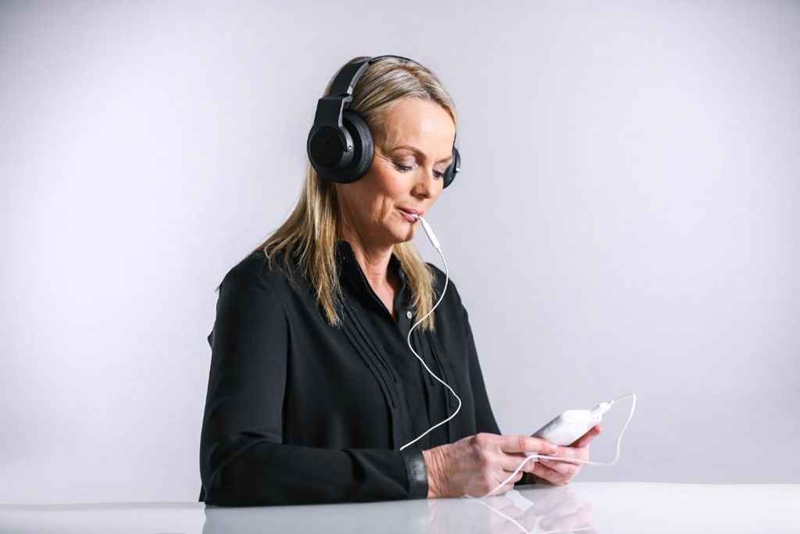 Bimodal neuromodulation in action.
Bimodal neuromodulation in action.Yet, bringing Lenire to market required overcoming significant skepticism. Early reactions ranged from disbelief to outright skepticism. To counter this, Neuromod undertook extensive clinical trials, achieving groundbreaking FDA De Novo approval—creating an entirely new regulatory category. Rigorous studies, published in top-tier journals such as Science Translational Medicine, Nature Communications, and Scientific Reports, demonstrated significant, sustained tinnitus reduction.
Interestingly, real-world data has shown even more promising results, highlighting the critical role of audiologists in patient selection and compliance. Audiologists' expertise ensures the right candidates receive Lenire, leading to patient compliance rates directly correlated with successful outcomes. O'Neill stresses that audiologists are indispensable, not just in candidacy selection but in motivating patients throughout the treatment process.
Lenire's real-world impact is already evident, with hundreds of patients experiencing life-changing relief. O'Neill recounts inspiring stories, from a pilot regaining clear communication abilities to a young woman overcoming debilitating tinnitus to finally enjoy her wedding.
While bimodal neuromodulation is in its infancy, its potential reaches far beyond tinnitus. Neuromod is actively exploring further improvements and broader neurological applications. O'Neill's ambition for Lenire is unequivocal: to establish unquestionable credibility akin to cochlear implants—a technology that initially faced similar skepticism but is now universally accepted.
As Lenire continues to gain traction, the audiology community, once cautious, is now enthusiastically embracing this transformative approach. With waiting lists growing, Lenire is poised to redefine tinnitus management and perhaps, in time, revolutionize treatments for a host of neurological conditions.
The above is the interpretation of The Surprising Origins of Tongue-Stimulation Tinnitus Treatment provided by Chinese hearing aid supplier Shenrui Medical. Link https://www.sengdong.com/Blog/The-Surprising-Origins-of-Tongue-Stimulation-Tinnitus-Treatment.html of this article is welcome to share and forward. For more hearing aid related information, please visit Blog or take a look at our Hearing aids products

